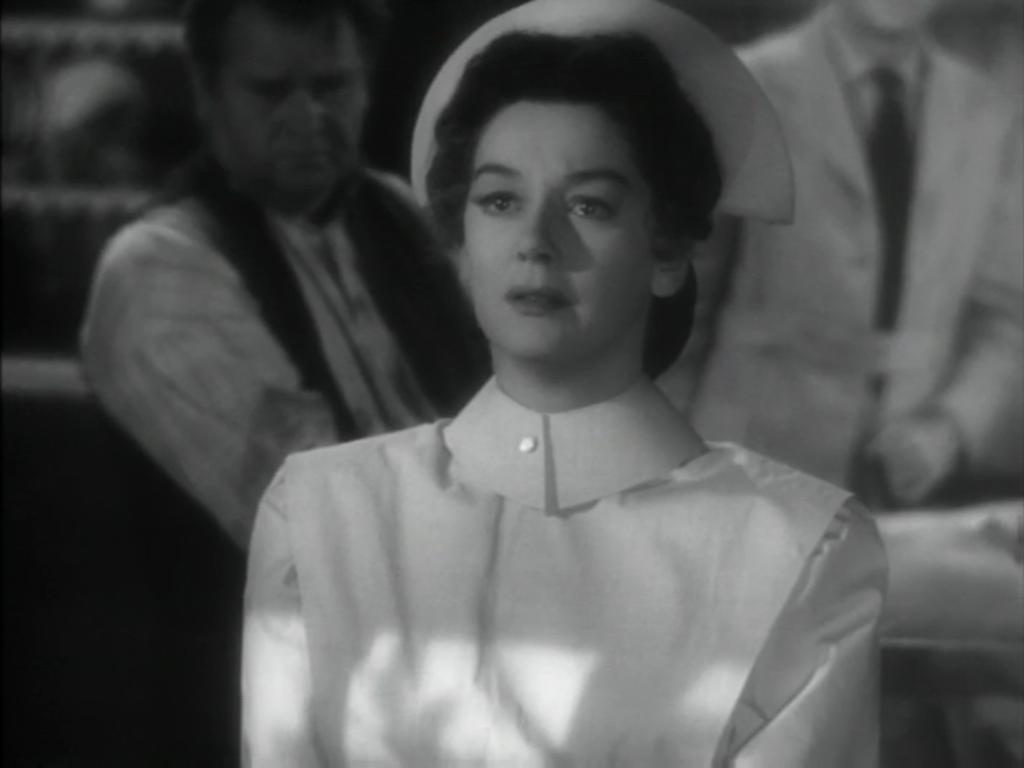And they shall walk
by Jason Crawford · December 24, 2017 · 1 min read
If you enjoy black & white movies, medical dramas, and strong, independent women fighting the establishment, I recommend Sister Kenny (1946).

Elizabeth Kenny was an Australian nurse (not a nun) who developed a unorthodox treatment for the symptoms of polio that could in many cases reverse paralysis and allow children to walk again. Her methods were opposed for decades by the medical establishment in Australia, Britain, and the US – because she was a nurse, not a doctor; because she was a woman; and because she used nonstandard terminology to describe her observations and theories.
The movie, based on her 1943 autobiography And They Shall Walk, dramatizes her work and her battle with the doctors who ignored and ridiculed her. I enjoyed it as a portrait of someone deeply devoted to her work, and committed to the truth and to her patients even in the face of decades of opposition.
One tragic element of the movie is that Kenny never married, despite being engaged to a man she loved. She postponed the marriage and ultimately broke off the engagement so that she could continue her work—because at the time, a woman could not work as a nurse after she was married. This part of the story, as far as I can tell, is not true (her fiancé was invented for the movie), but the social situation it dramatizes was real. I’m glad that today, women aren’t forced to choose between a career and personal happiness.
More: Wikipedia, New York Times
I may receive a commission on purchases made through Amazon links in this post.
